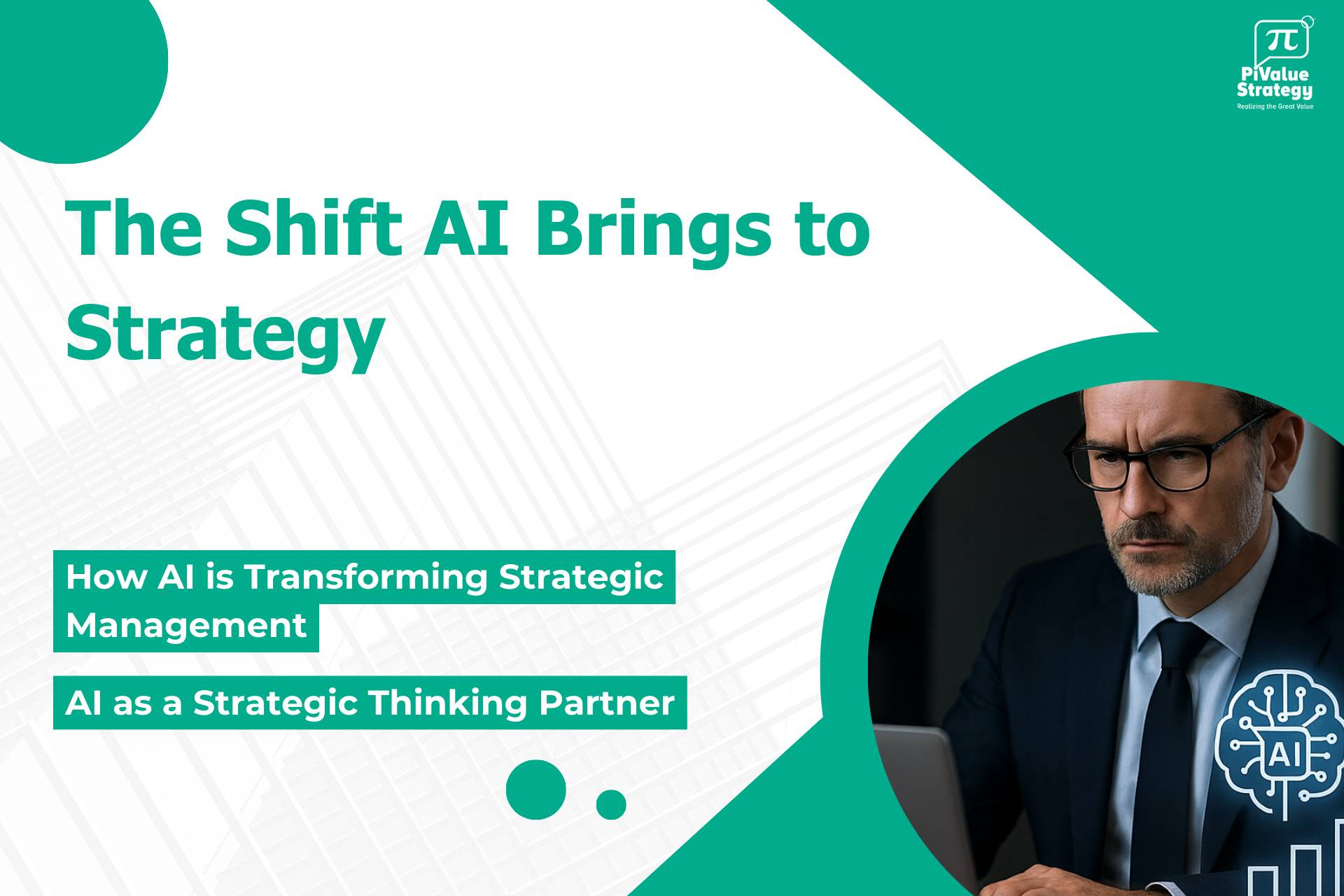Strategy is Beautiful, but Rarely Embraced
We often admire the elegance of strategy — the clarity it brings, the foresight it demands, the alignment it creates. Yet in practice, strategy remains one of the most underutilized management views in day-to-day business. While we acknowledge its value intellectually, we seldom embrace it with the urgency and discipline it deserves.
In many organizations, managers tend to focus heavily on operations and project management — not because strategy isn’t important, but because the day-to-day tasks are more visible, immediate, and easier to grasp. Operational issues are on the surface; they present themselves clearly and demand prompt action. In contrast, strategic matters are often lie beneath the surface, wrapped in complexity, ambiguity, and long-term consequences. It requires slowing down to think deeply, ask uncomfortable questions:
- We would have to brainstorm exhaustively to formulate a strategy
- We must implement like hell, turning plans into action with relentless focus and energy.
- We are required to gather relevant data to track progress, uncover insights, and test our assumptions.
- We must reflect with honesty, pragmatically, intent to keep improving, adapting, and ultimately hitting our targets.
As a result, many leaders unknowingly trade long-term value for short-term comfort, staying busy but drifting from the bigger picture.
What’s often missing is the helicopter view — the ability to rise above the noise and observe the bigger picture. Strategic management offers this perspective, helping leaders make deliberate choices, allocate resources wisely, and rally teams toward meaningful goals. Yet despite its importance, strategic work is frequently sidelined or treated as a once-a-year exercise during the annual planning cycle.
But here’s the good news: AI is changing the game.
Strategic management often struggles with two major challenges: ensuring reliable data for performance monitoring and generating strong, well-tested strategy ideas. These tasks are essential, but they consume significant time and resources when done manually.
How AI is Transforming Strategic Management: From Data to Ideas
In strategic management, leaders often face two recurring challenges:
- Collecting and organizing reliable data for performance monitoring
- Generating strong, well-tested strategy ideas
These are not minor tasks—they are the backbone of effective decision-making. Yet, many organizations still rely on fragmented data systems and subjective brainstorming sessions that limit clarity and slow down execution. This is where AI has started to play a pivotal role.
Smarter Data, Smarter Decisions
AI-enabled data collection systems are increasingly being embedded into strategy dashboards. By integrating with both internal (finance, operations, sales) and external sources (market trends, industry reports), AI can automatically gather, clean, and structure data with minimal human intervention.
The result is a dashboard that leaders can trust—timely, accurate, and cost-efficient. Instead of spending hours validating numbers, management can focus on interpreting insights and making decisions. This shift transforms dashboards from being static reporting tools into real-time strategy control panels.
AI as a Strategic Thinking Partner
Beyond data, AI also supports the creative side of strategy. By analyzing competitor movements, customer shifts, and emerging market signals, AI can suggest new strategic ideas and even highlight hidden assumptions that underpin them.
For example, an AI system can reveal that a growth strategy depends heavily on regulatory stability or supply chain resilience—assumptions leaders may not have explicitly considered. This makes AI not a replacement for human judgment, but a partner in stress-testing strategies, ensuring they are more robust, resilient, and realistic.
The Emerging Advantage
When combined, these two AI-driven capabilities—automated data collection and strategic ideation—allow organizations to move from reactive adjustments to proactive management. Leaders gain sharper visibility into what’s happening today and stronger confidence in preparing for tomorrow.
This shift is a breakthrough. It allows us to focus less on assembling and maintaining the machinery of strategy, and more on applying creative thinking, learning from outcomes, and making smarter decisions. AI empowers leaders to design strategies that are both creative and resilient—making it a powerful ally in the strategy room.

